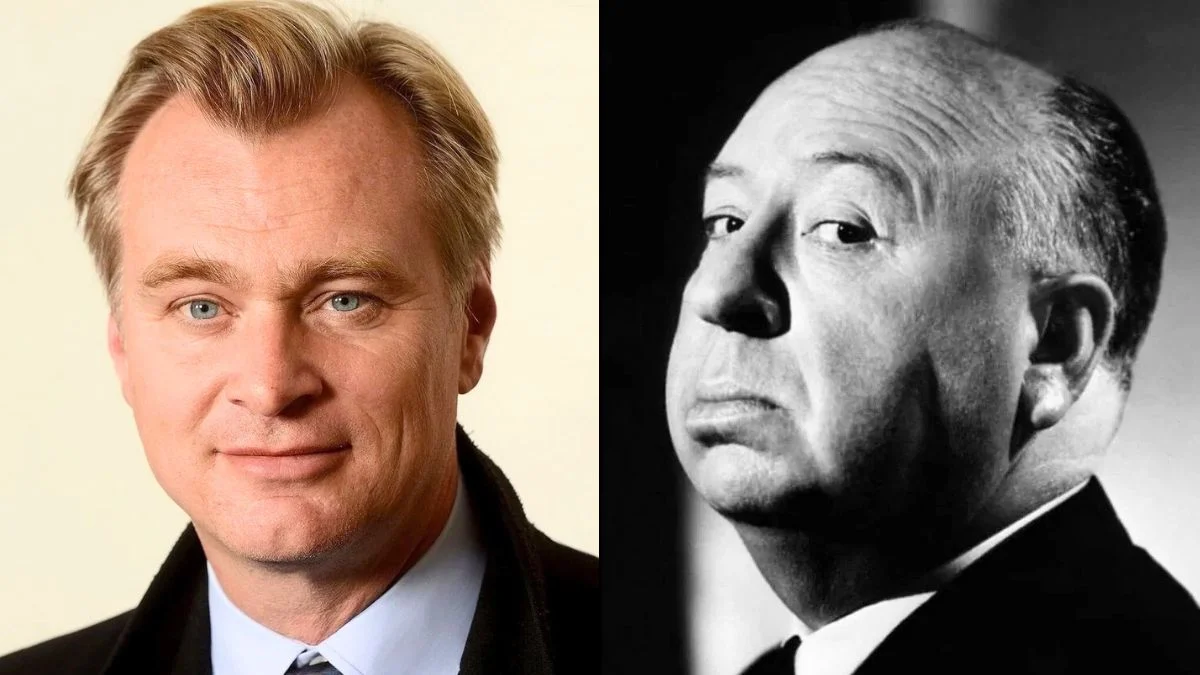
The UK has given the world some truly groundbreaking and imaginative filmmakers. They’ve impacted all kinds of movies, from realistic dramas to huge science fiction adventures. Their distinctive ways of filming and telling stories still captivate viewers worldwide. This collection celebrates twenty of these exceptional directors and their lasting contributions to cinema.
Alfred Hitchcock
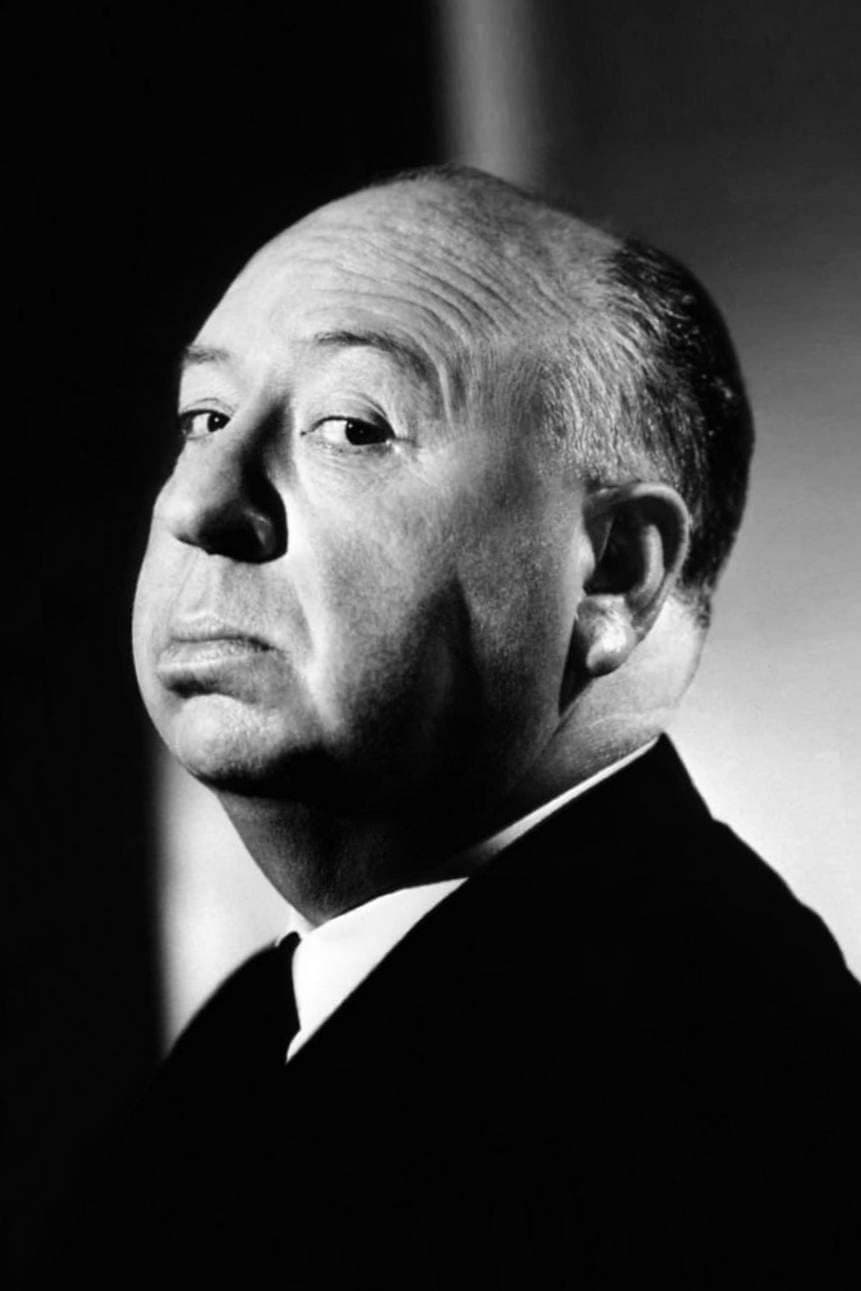
Alfred Hitchcock is famous as the Master of Suspense because of his groundbreaking filmmaking style. He was one of the first to use techniques like the dolly zoom and often explored themes of watching others, as seen in his film ‘Rear Window’. Movies like ‘Vertigo’ and ‘Psycho’, known for their psychological tension, pushed the boundaries of what was acceptable in film at the time. Hitchcock also became well-known for making brief appearances in his own movies and for hosting his own television show, creating a recognizable public image.
Christopher Nolan
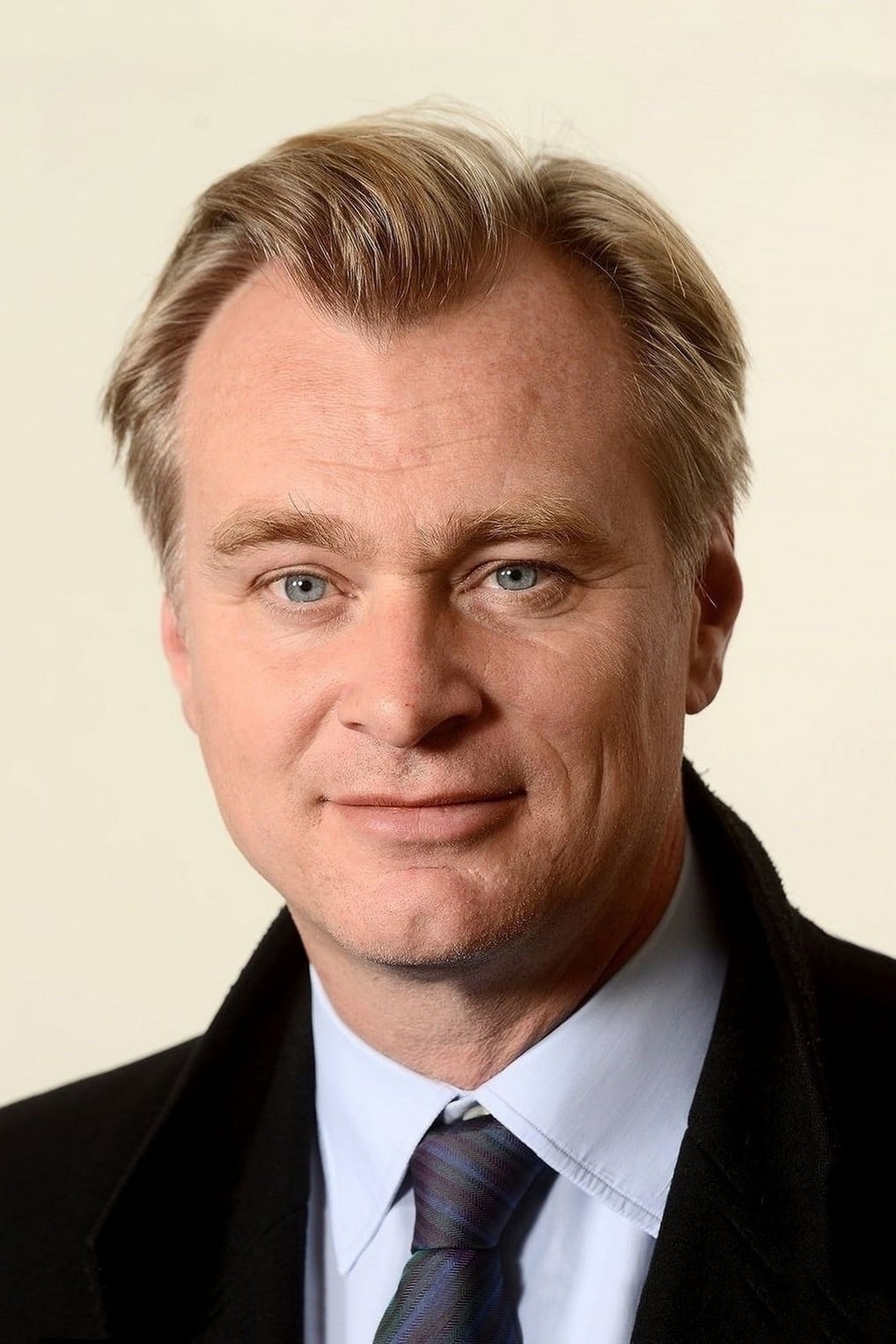
Christopher Nolan is a filmmaker famous for his intricate plots and preference for creating special effects using real-world techniques, rather than relying heavily on computer-generated imagery. He’s particularly well-known for reimagining superhero movies with his realistic ‘Dark Knight’ trilogy. His original films, such as ‘Inception’ and ‘Interstellar’, are large-scale, thought-provoking stories that often deal with concepts like time and memory. Notably, Nolan continues to champion traditional film over digital recording methods.
David Lean
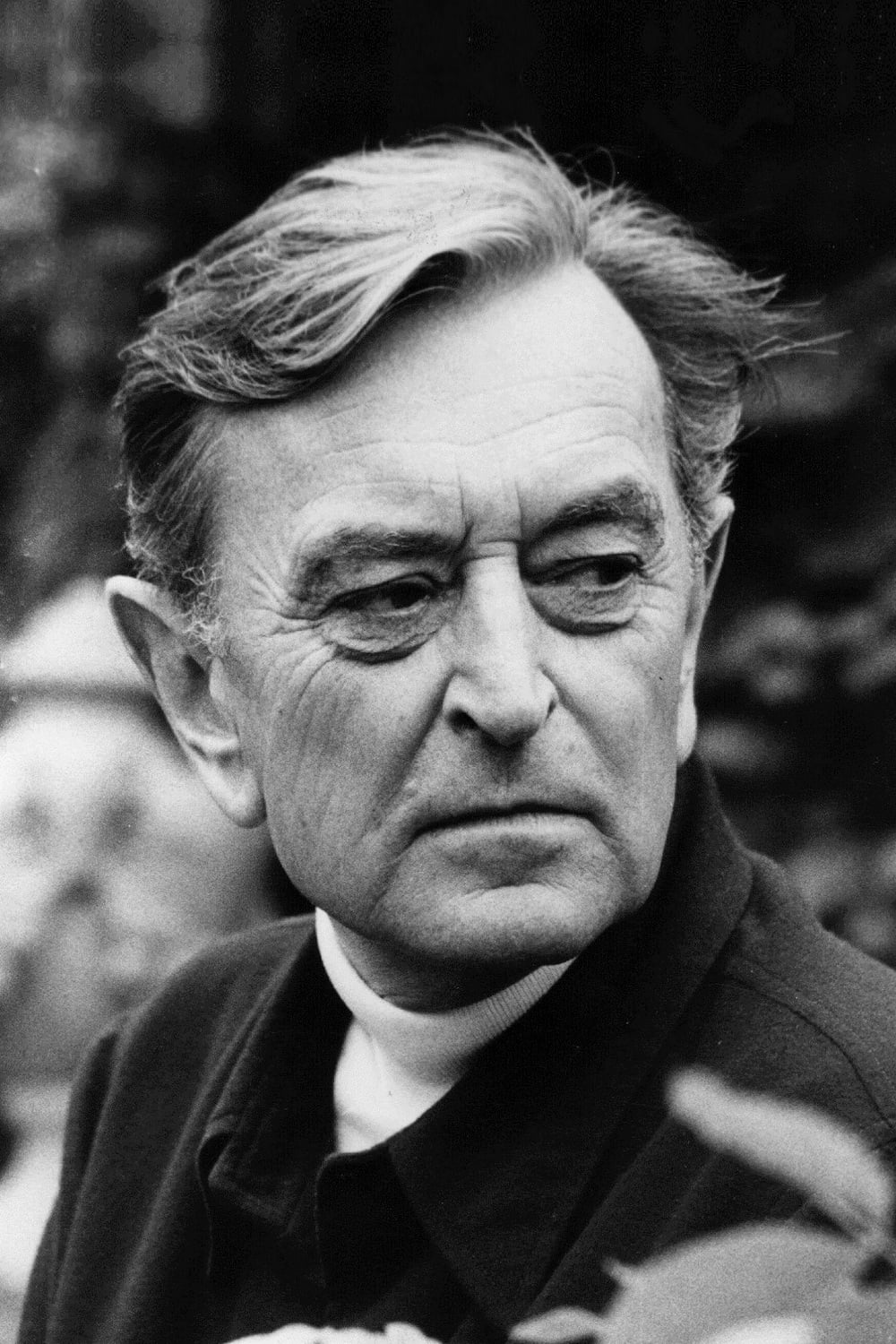
David Lean was a highly acclaimed director who moved from making personal, character-driven stories to large-scale historical films. He’s famous for movies like ‘Lawrence of Arabia,’ which redefined how films were shot in widescreen. He also worked with playwright Noel Coward to create beloved British films like ‘Brief Encounter.’ Lean was a perfectionist, carefully overseeing every detail of his productions.
Ridley Scott
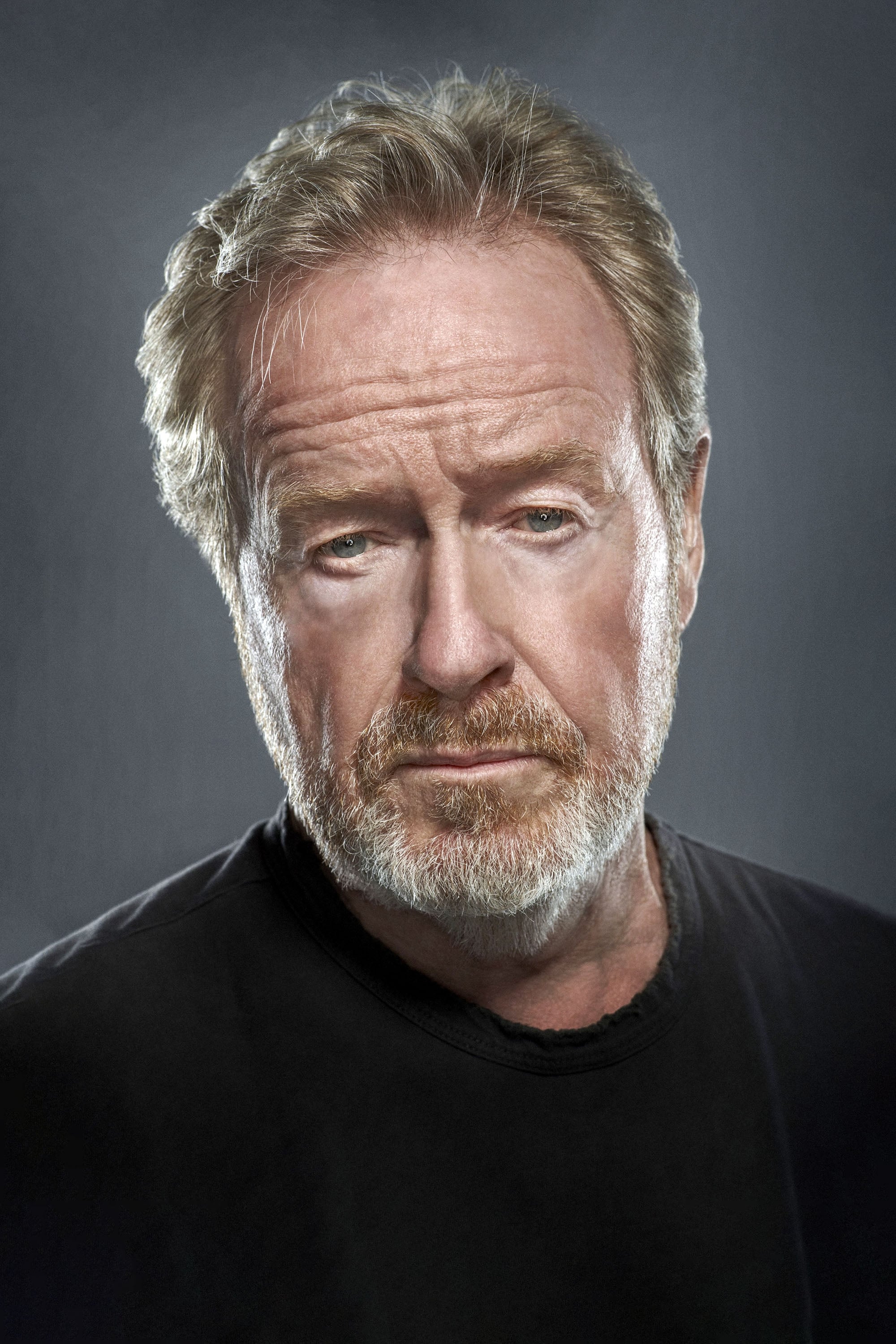
Ridley Scott is known for creating visually stunning and meticulously designed films. He revolutionized science fiction with iconic movies like ‘Alien’ and ‘Blade Runner’, and also proved his range by directing grand historical dramas like ‘Gladiator’ and intense war films such as ‘Black Hawk Down’. Even into his eighties, Scott remains a prolific director and producer of major motion pictures.
Danny Boyle
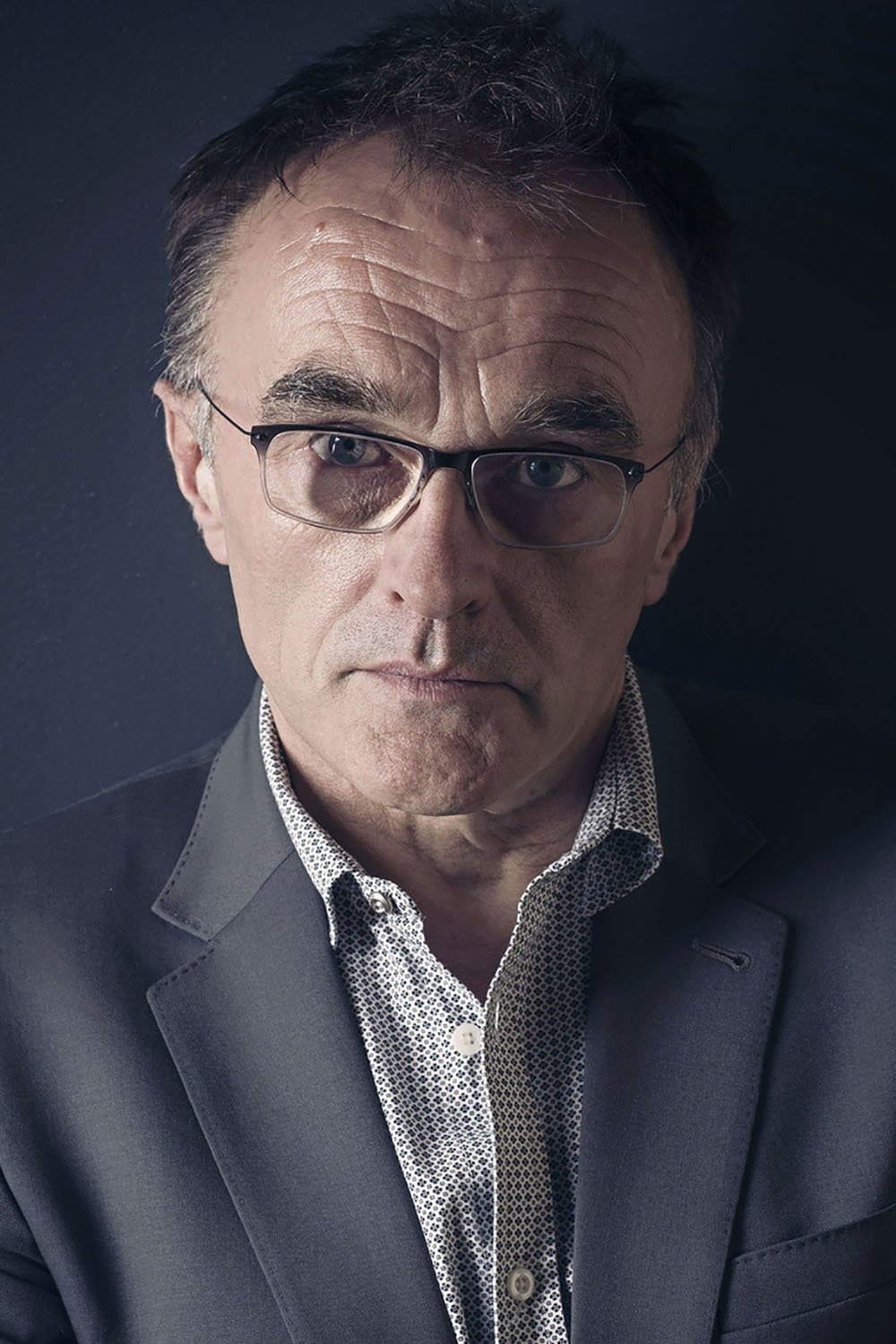
I first really noticed Danny Boyle with ‘Trainspotting’ – it was such a raw and exciting film. I’ve always been struck by how visually striking his work is, with those really bold colors and incredibly energetic soundtracks. Of course, ‘Slumdog Millionaire’ brought him worldwide fame and those well-deserved Oscars! It’s amazing to see how adaptable he is, too – directing the opening ceremony for the London Olympics was just phenomenal.
Steve McQueen
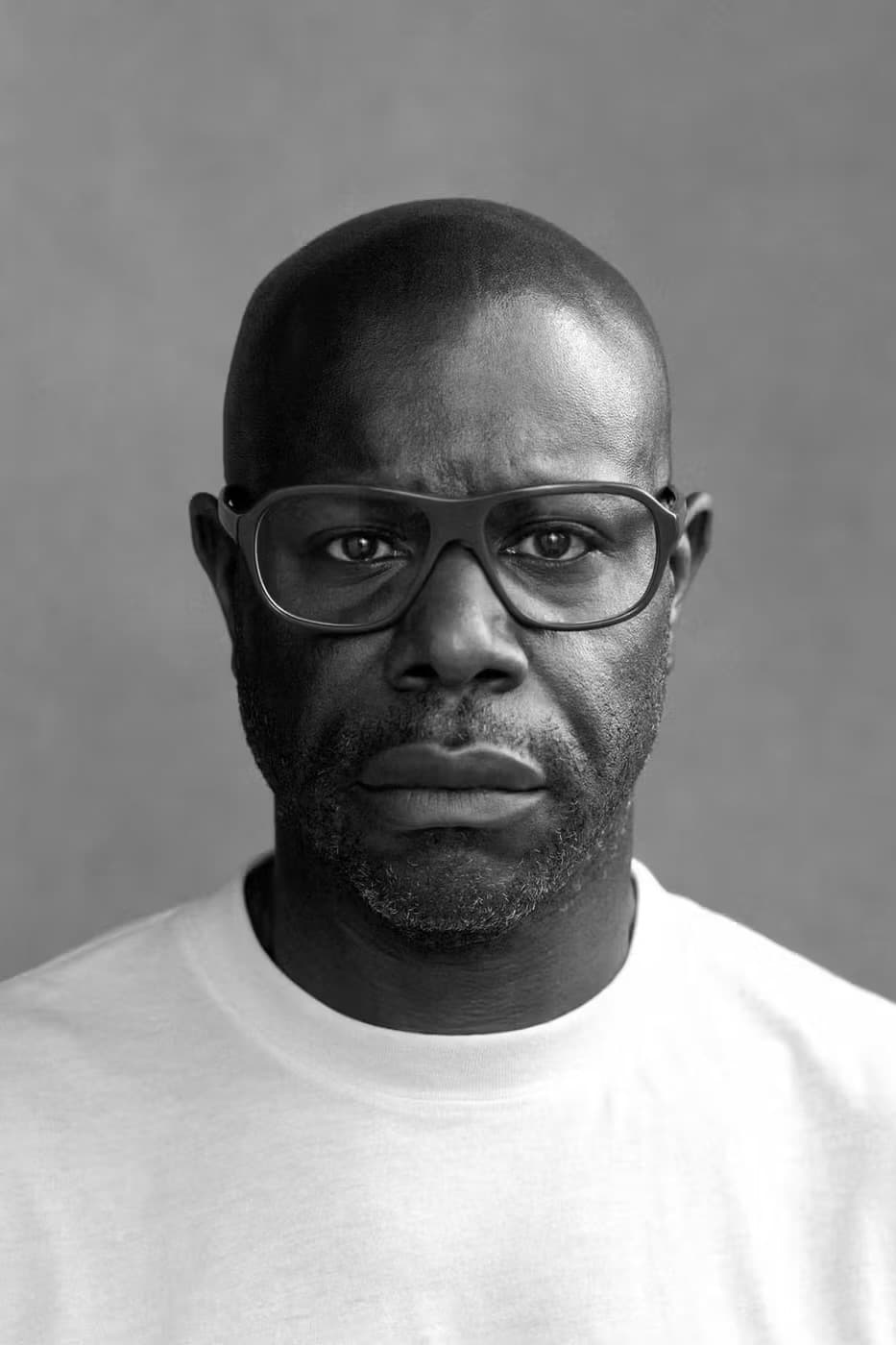
Steve McQueen started as a video artist, earning the prestigious Turner Prize, before becoming a well-known film director. His movies are known for their lengthy, uninterrupted shots and honest portrayal of challenging topics. He famously worked closely with Michael Fassbender on films like ‘Hunger’ and ‘Shame’. He made history as the first Black director to win an Academy Award for Best Picture with ‘12 Years a Slave’.
Sam Mendes
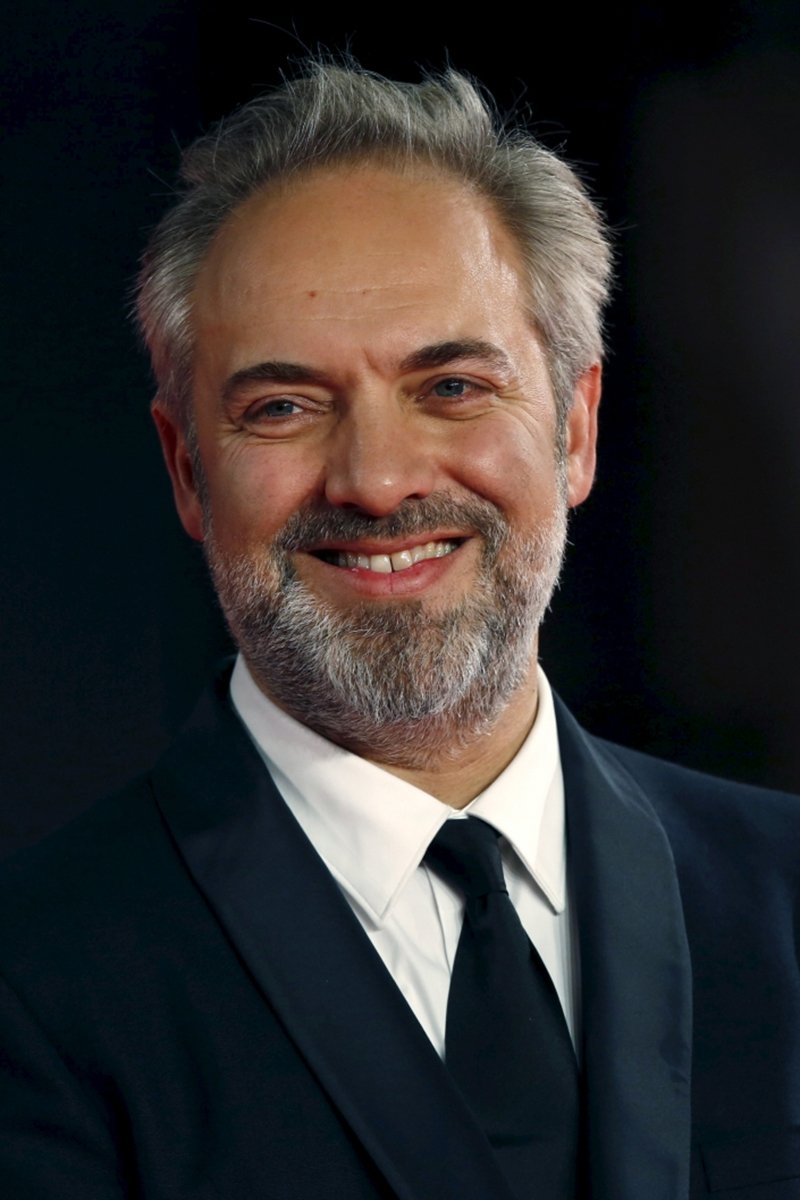
Sam Mendes quickly became well-known after winning an Oscar for his first film, ‘American Beauty’. He moved easily from directing plays to directing large-scale movies. He’s also known for his work on the James Bond series, especially the hit film ‘Skyfall’. In the war movie ‘1917’, Mendes famously tried to create the illusion of a single, unbroken shot.
Edgar Wright

Edgar Wright is known for his energetic filmmaking style, using quick cuts and dynamic camera work. He became popular with the ‘Cornetto Trilogy’ – including films like ‘Shaun of the Dead’ and ‘Hot Fuzz’. He often references and playfully twists classic movie genres. Wright is also masterful at using music to enhance the storytelling in films such as ‘Baby Driver’.
Guy Ritchie
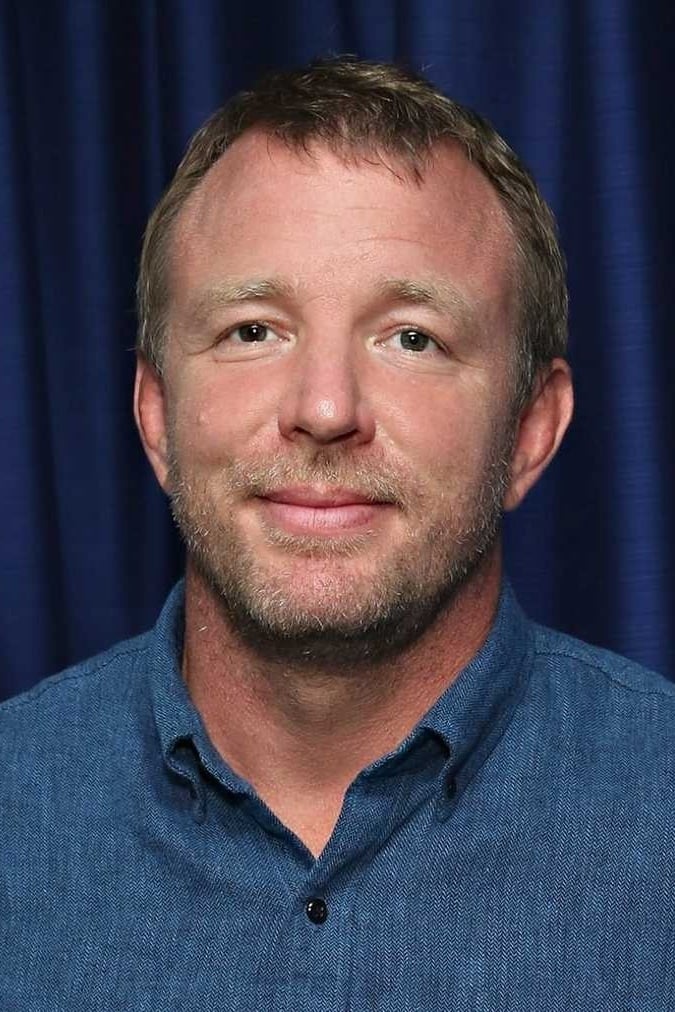
As a huge film fan, I’ve always loved how Guy Ritchie really shook up British gangster movies. He brought this incredibly cool, fast-paced style to films like his first one, ‘Lock, Stock and Two Smoking Barrels’ – it just looked and felt different than anything else at the time. While he started with these gritty, independent films, he’s also proven he can handle big-budget projects, like his take on ‘Sherlock Holmes’. Even when working with bigger budgets, though, you can always tell it’s a Guy Ritchie film – his editing is so quick and energetic, and he always seems to gather amazing ensemble casts. He really has a signature style!
Ken Loach
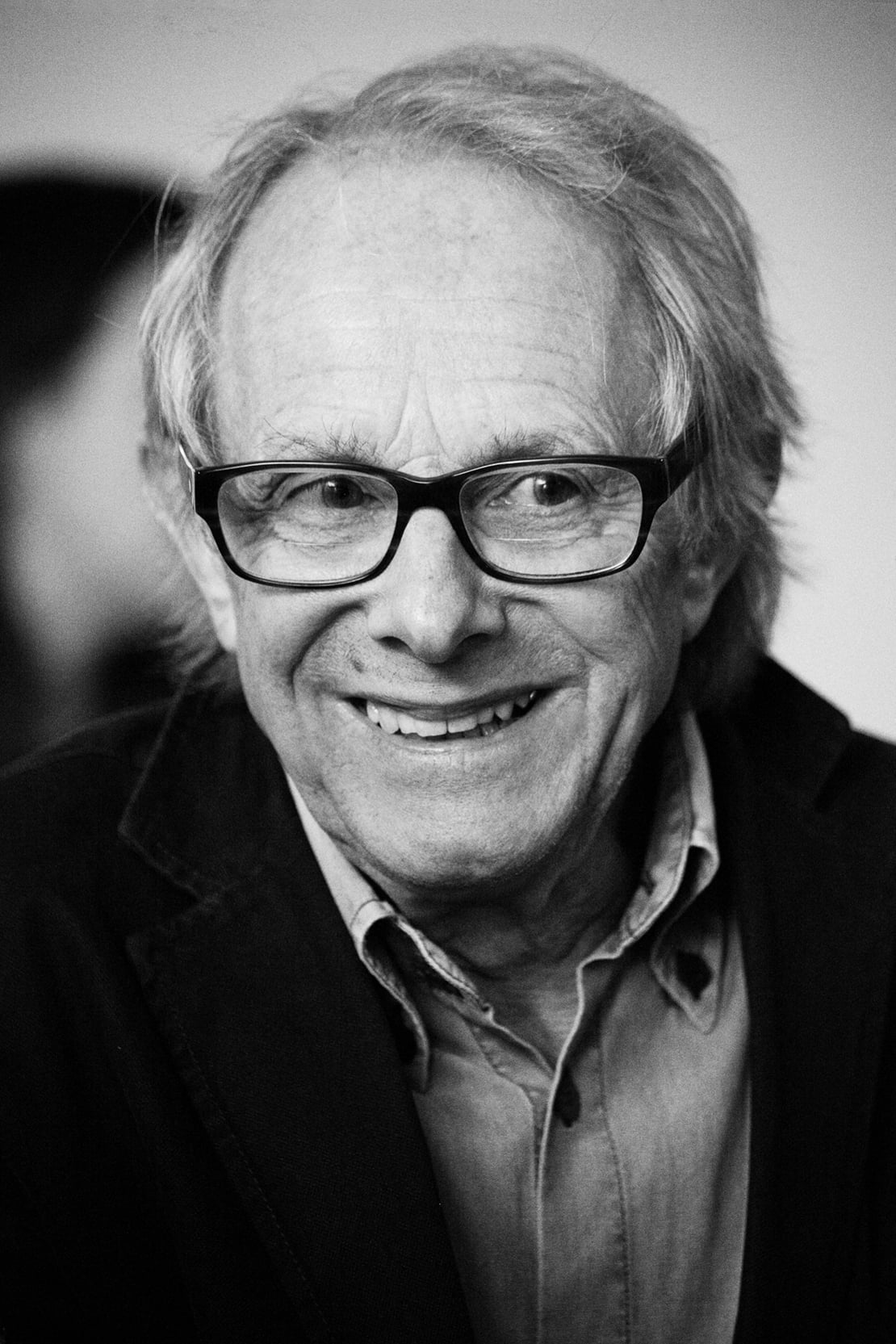
Ken Loach is a highly respected filmmaker known for his realistic portrayal of working-class life. He’s famous for using ordinary people, rather than professional actors, to make his films feel genuine. Loach’s movies, including classics like ‘Kes’ and ‘I, Daniel Blake,’ often highlight problems with society and government. He’s also a celebrated director, having won the top prize at the Cannes Film Festival twice.
Mike Leigh
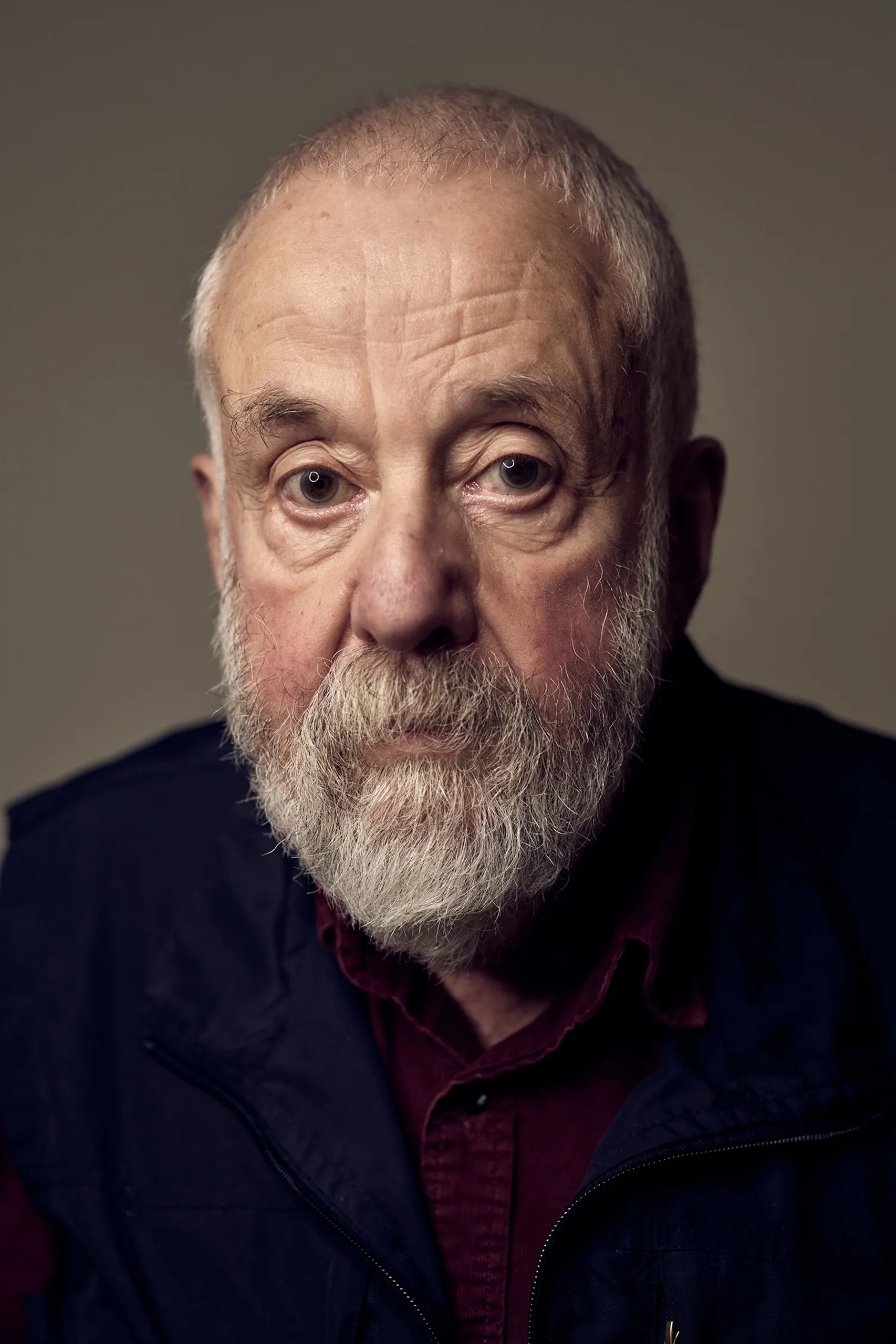
Mike Leigh is known for his distinctive filmmaking style, where he develops characters with his actors through lots of improvisation and rehearsal. This leads to powerfully emotional and believable films like ‘Secrets & Lies’. He often focuses on the complicated relationships within families and the everyday lives of people in Britain, showing both the funny and sad sides of being human.
Michael Powell
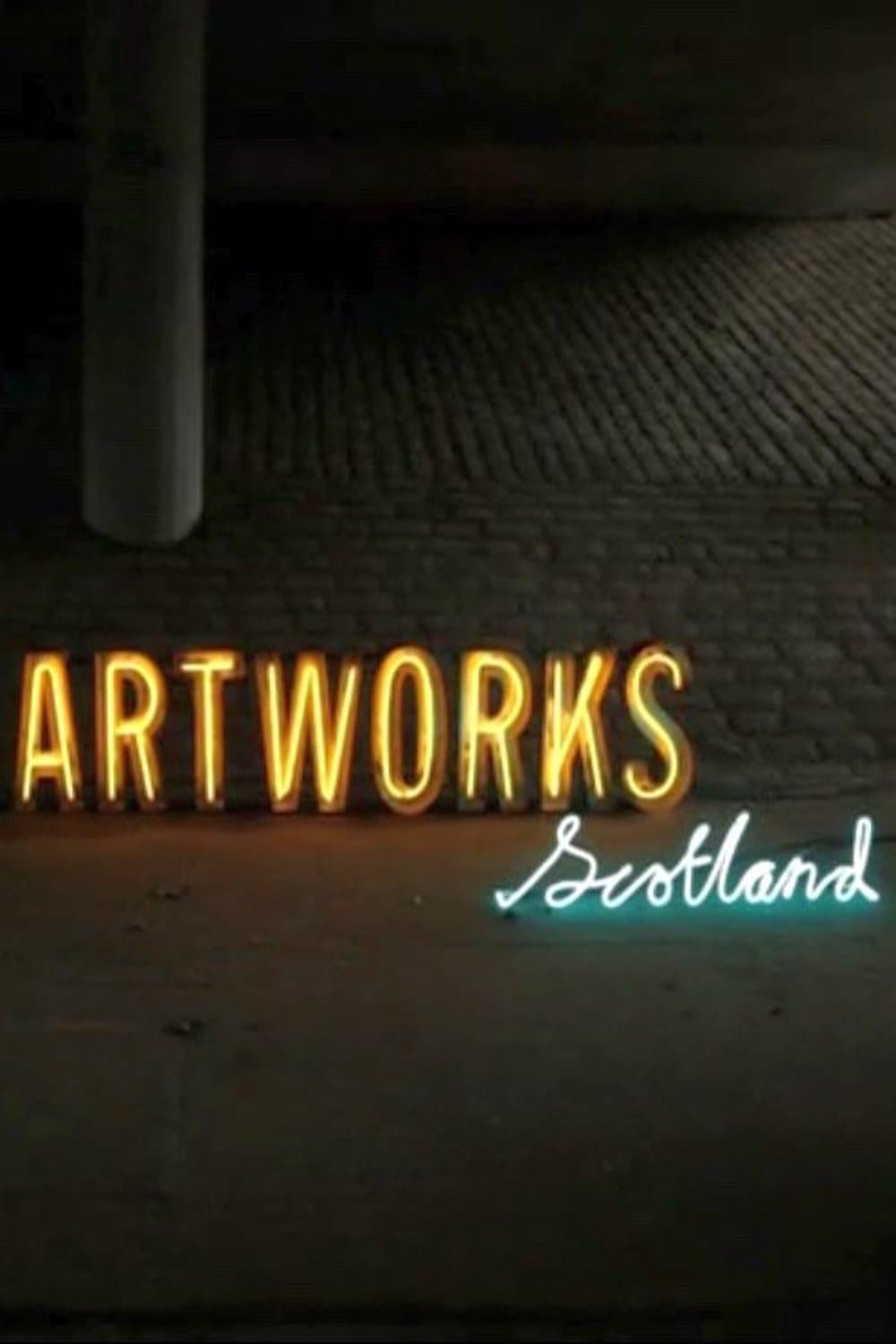
Michael Powell and Emeric Pressburger were a famous filmmaking team known as The Archers. Together, they made visually stunning films in vibrant Technicolor, such as ‘The Red Shoes’ and ‘Black Narcissus’. Their movies are celebrated for their dreamlike quality and powerful use of color and music. Powell’s innovative and imaginative style has inspired countless filmmakers, including Martin Scorsese.
Carol Reed
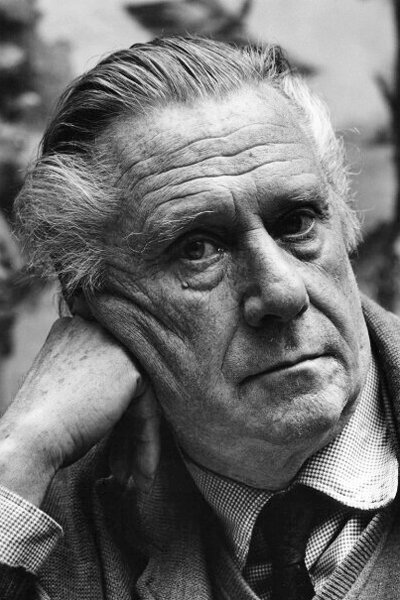
Carol Reed is most famous for directing the classic film noir thriller ‘The Third Man’. His films, made after World War II, skillfully portrayed the uncertain morals and suspenseful mood of the period. He also proved his versatility by directing the successful musical ‘Oliver!’, which won an Academy Award for Best Picture. Reed holds the distinction of being the first British film director to receive a knighthood for his contributions to cinema.
Charlie Chaplin
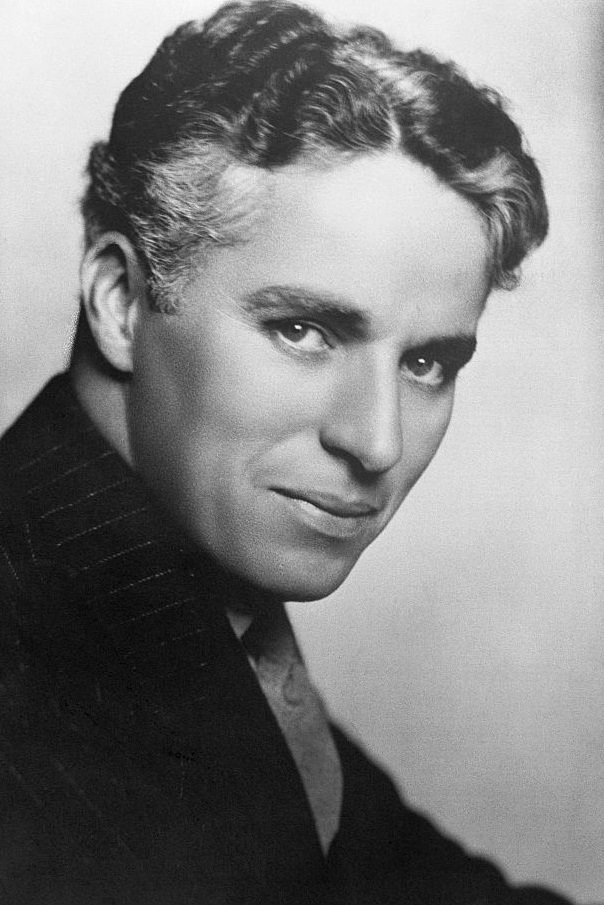
Charlie Chaplin was a groundbreaking filmmaker during the early days of cinema. He not only starred in his films but also wrote and directed them himself. He’s best known for creating “The Tramp,” a beloved character who was both funny and touching. Films like “City Lights” and “Modern Times” were famous for mixing hilarious physical comedy with insightful observations about society. Chaplin was also a champion for filmmakers’ rights, helping to establish United Artists so creators could have more control over their work.
Tony Scott
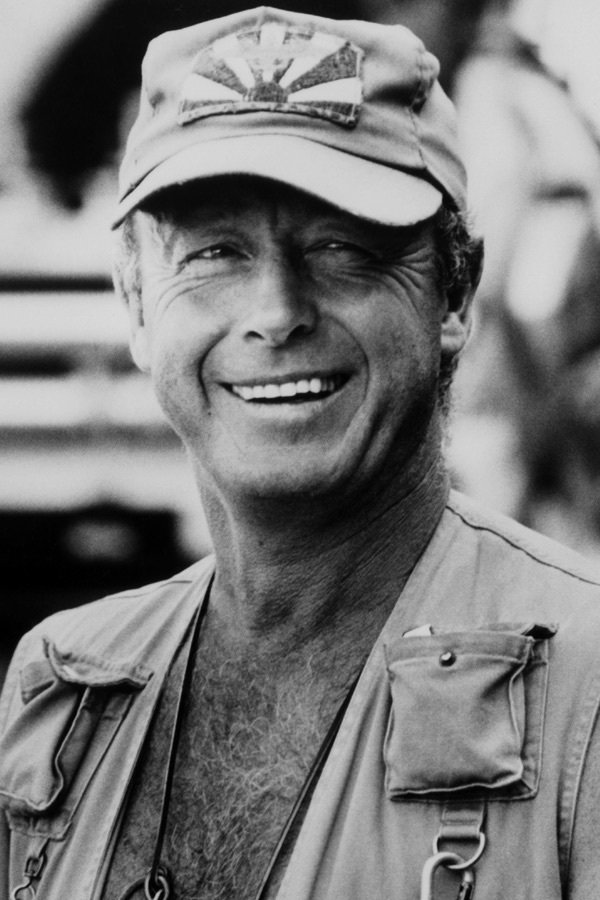
Tony Scott was a renowned director known for his fast-paced, thrilling action movies and his distinctive, energetic visual style. He became famous for directing the iconic 1980s film ‘Top Gun,’ and later collaborated with Denzel Washington on powerful movies like ‘Man on Fire’ and ‘Crimson Tide.’ Scott often used vibrant colors and quick cuts in his editing to create a sense of suspense.
Stephen Frears
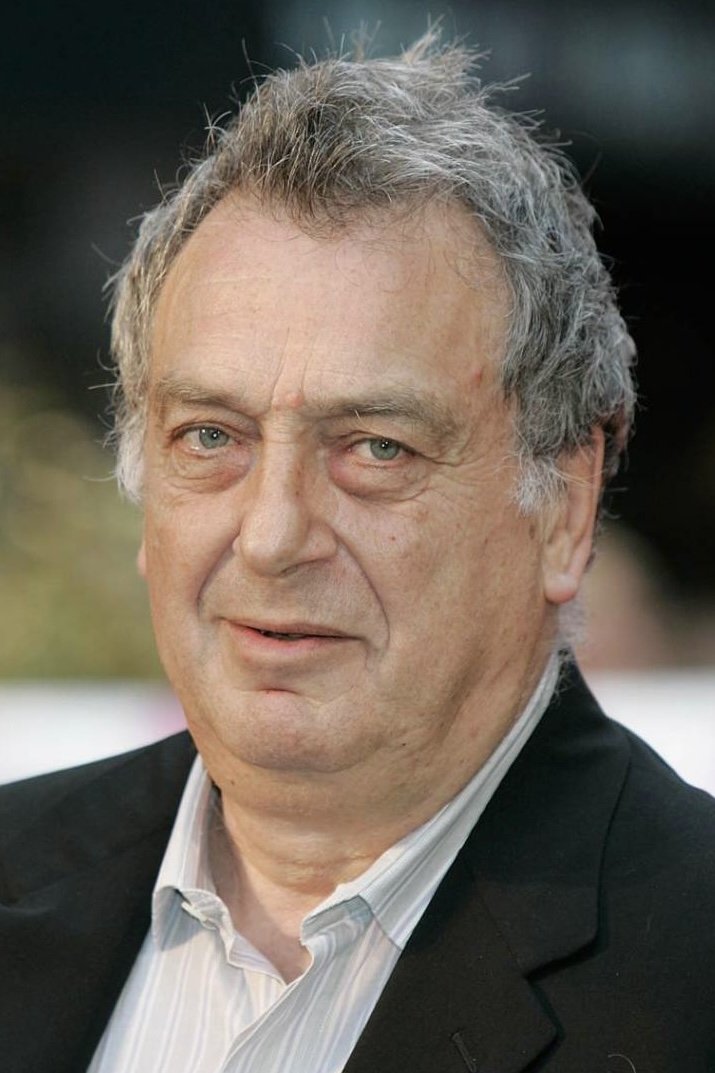
I’ve always been impressed by Stephen Frears’ range as a director. He’s made everything from really raw, realistic dramas to beautifully made biographical films. I first noticed his talent with ‘My Beautiful Laundrette’ – it was so ahead of its time in how it dealt with race and sexuality. And then ‘The Queen’ – the way he handled that story and portrayed the Queen was just incredibly sensitive and earned him so much praise. What’s amazing is how easily he works on both big movies and TV shows – he really does it all.
Alan Parker
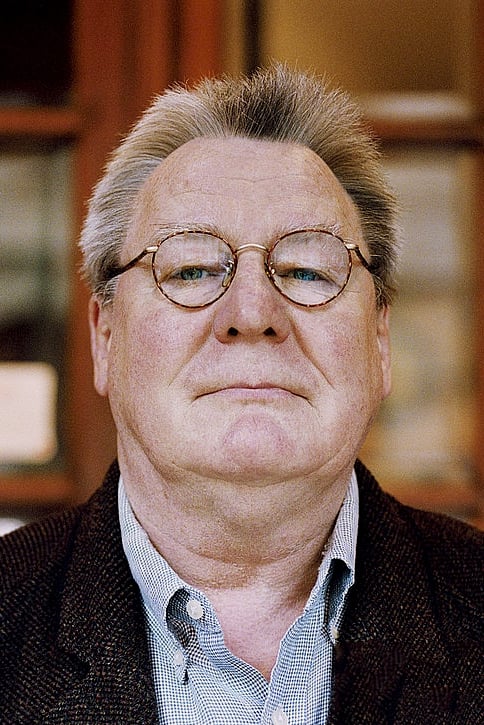
Alan Parker directed films across many genres, including musicals and thrillers. He was known for his visually powerful style, showcased in movies like ‘Pink Floyd: The Wall’ and ‘Midnight Express’. He also had a talent for incorporating music, as seen in ‘The Commitments’ and ‘Evita’. Parker was also a founding member of the Directors Guild of Great Britain.
John Schlesinger
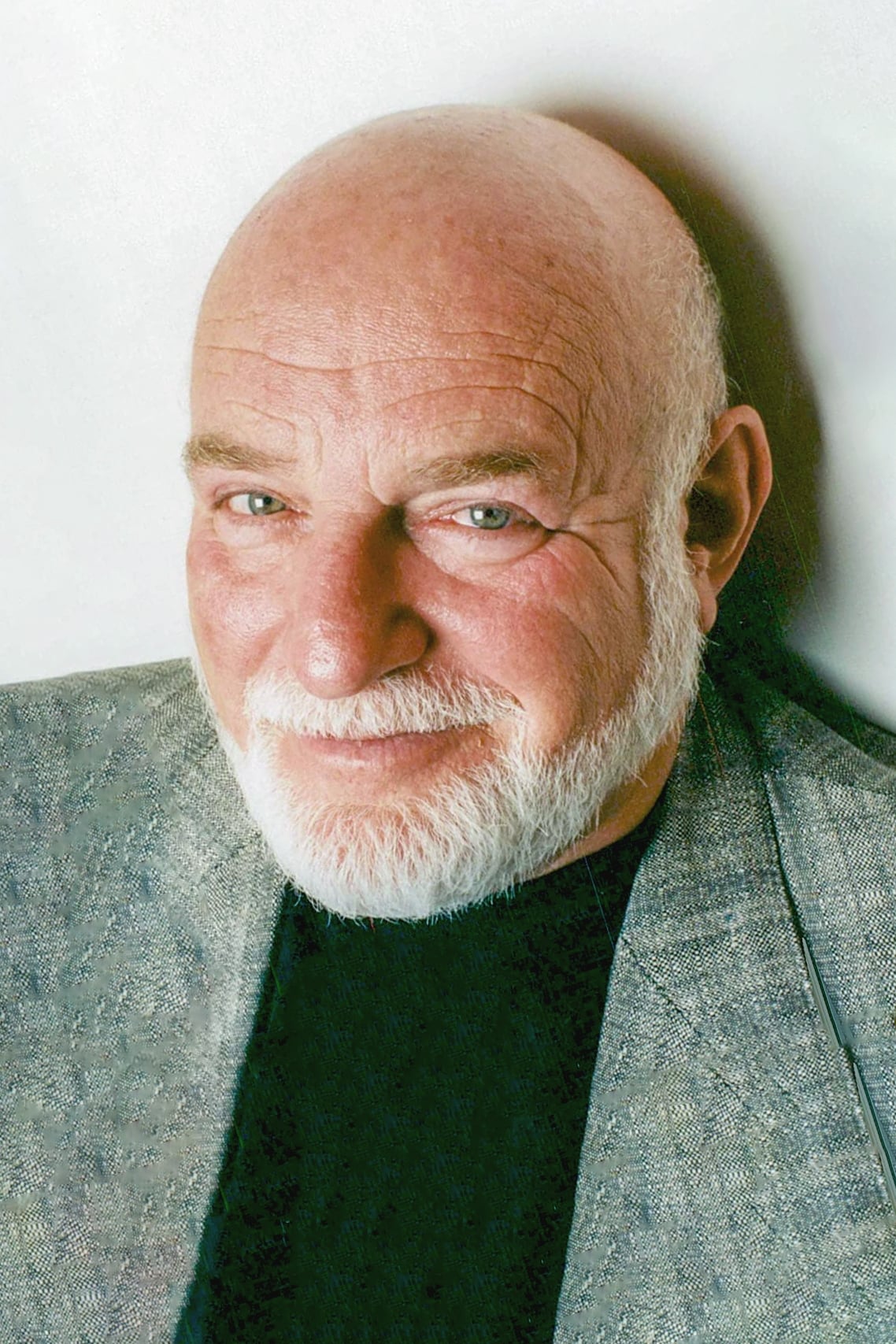
John Schlesinger was an important director in the British New Wave movement before achieving fame in Hollywood. He’s best known for directing ‘Midnight Cowboy,’ a groundbreaking film that’s still the only X-rated movie to ever win the Academy Award for Best Picture. His films frequently explored themes of loneliness and complicated connections between people, and he was known for bringing a realistic, documentary-like style to his storytelling.
Nicolas Roeg
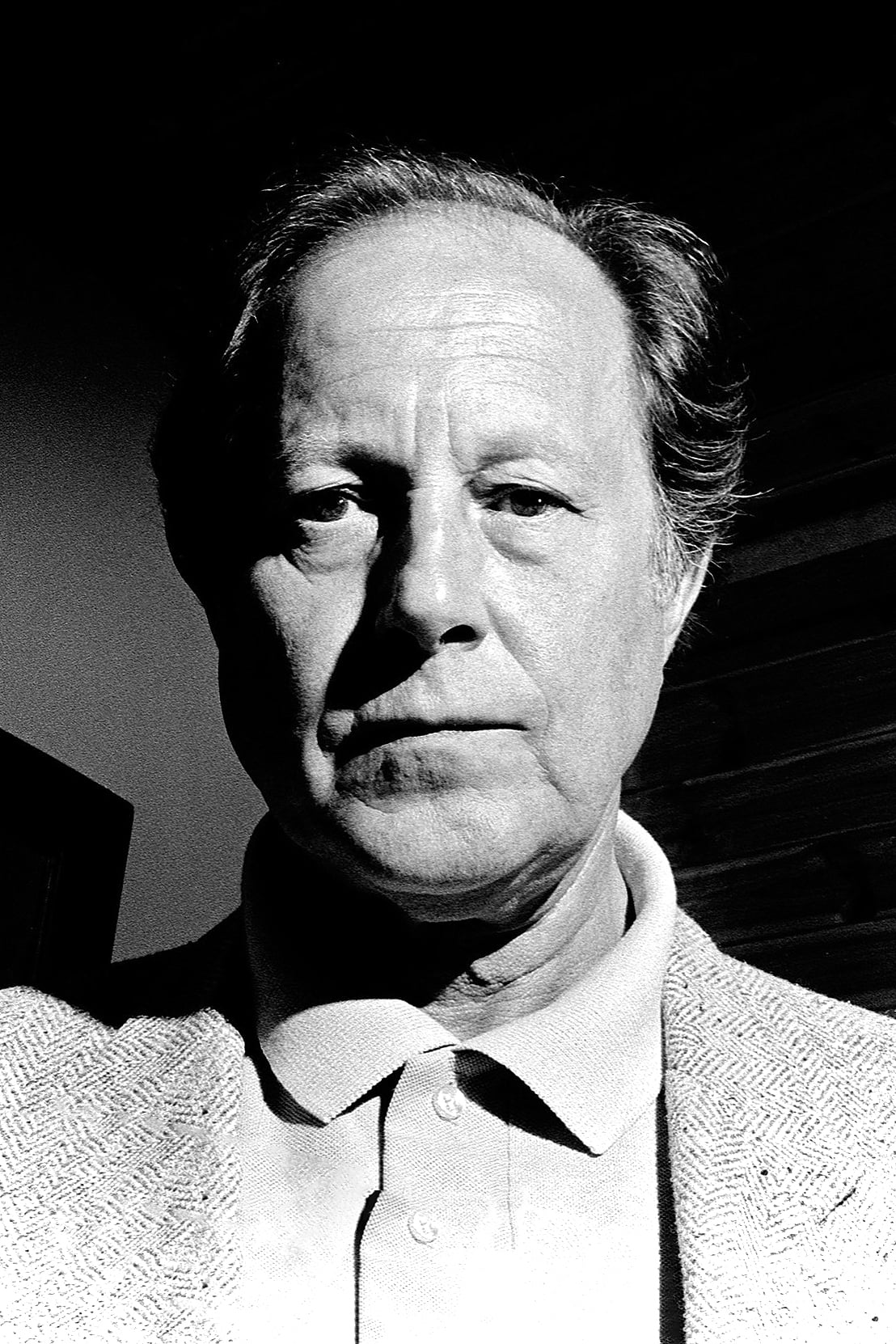
Nicolas Roeg began his career as a cinematographer and later became a director celebrated for his distinctive, often disjointed, editing style. He’s best known for the psychological thriller ‘Don’t Look Now,’ which featured groundbreaking use of repeated images and symbols. Roeg also directed David Bowie in the unusual science fiction film ‘The Man Who Fell to Earth.’ Throughout his work, he pushed boundaries with unconventional storytelling and explored challenging ideas.
Joe Wright
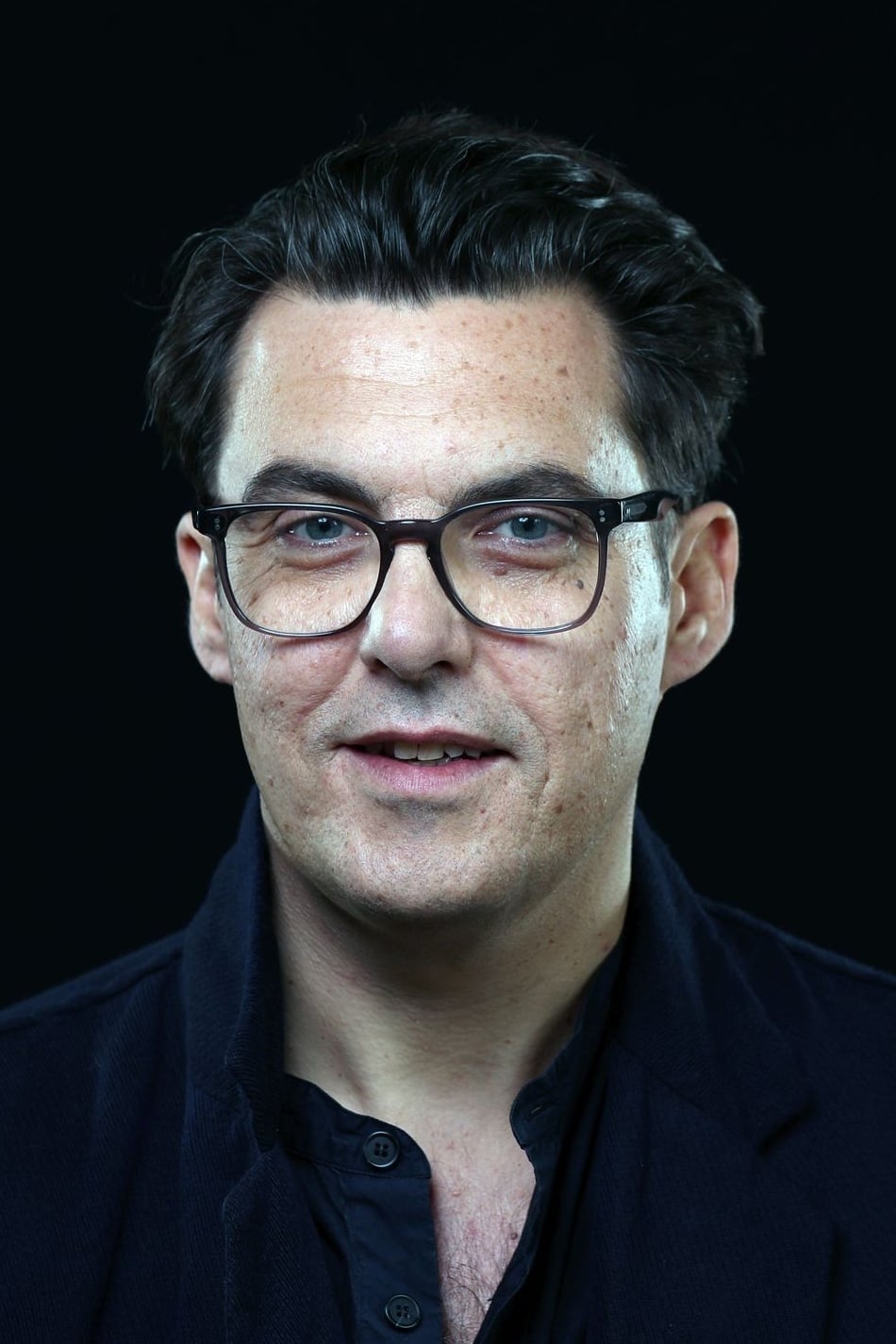
Joe Wright is a filmmaker known for his beautiful camera work and unique interpretations of classic stories. He gained recognition for films like ‘Pride & Prejudice’ and ‘Atonement,’ which featured impressive and complex camera movements. Wright also brings a theatrical style to his visuals, as seen in ‘Anna Karenina.’ He continues to work on a variety of projects, including thrillers and films based on real historical figures.
We’d love to hear which British film director has had the biggest impact on your movie preferences! Share your thoughts in the comments below.
Read More
- 39th Developer Notes: 2.5th Anniversary Update
- Shocking Split! Electric Coin Company Leaves Zcash Over Governance Row! 😲
- Celebs Slammed For Hyping Diversity While Casting Only Light-Skinned Leads
- Quentin Tarantino Reveals the Monty Python Scene That Made Him Sick
- Game of Thrones author George R. R. Martin’s starting point for Elden Ring evolved so drastically that Hidetaka Miyazaki reckons he’d be surprised how the open-world RPG turned out
- Gold Rate Forecast
- Here Are the Best TV Shows to Stream this Weekend on Hulu, Including ‘Fire Force’
- Thinking Before Acting: A Self-Reflective AI for Safer Autonomous Driving
- Celebs Who Got Canceled for Questioning Pronoun Policies on Set
- Ethereum Flips Netflix: Crypto Drama Beats Binge-Watching! 🎬💰
2025-11-24 03:16